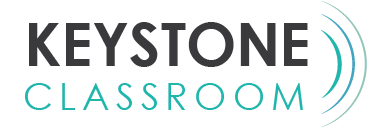Role of an Educational Audiologist
What is an Educational Audiologist?
The role of an educational audiologist is to ensure that students with hearing loss and auditory processing disorder have access to auditory information in the classroom. This includes the voice of their teacher as well as that of their classmates. The educational audiologist reviews a student’s diagnostic report and evaluates a student’s environment/classroom to determine what, if any, equipment needs to be used to have access to the curriculum.
The audiologist will also evaluate if any acoustical changes or teaching strategies can help with the child’s ability to access sound in the classroom.
Audiologists are the ONLY professionals where fitting hearing assistive technology (HAT) is within their scope of practice. Making decisions/selections about HAT and initial fittings are NOT within the scope of practice of a speech language pathologist or teacher of the deaf, nor is it taught in their graduate training programs. If your child has hearing loss or auditory processing disorder, an educational audiologist is an important member of your child’s educational team.
See the educational audiologist’s full scope of practice description in the attached document from the Educational Audiology Association, published in August 2019.
